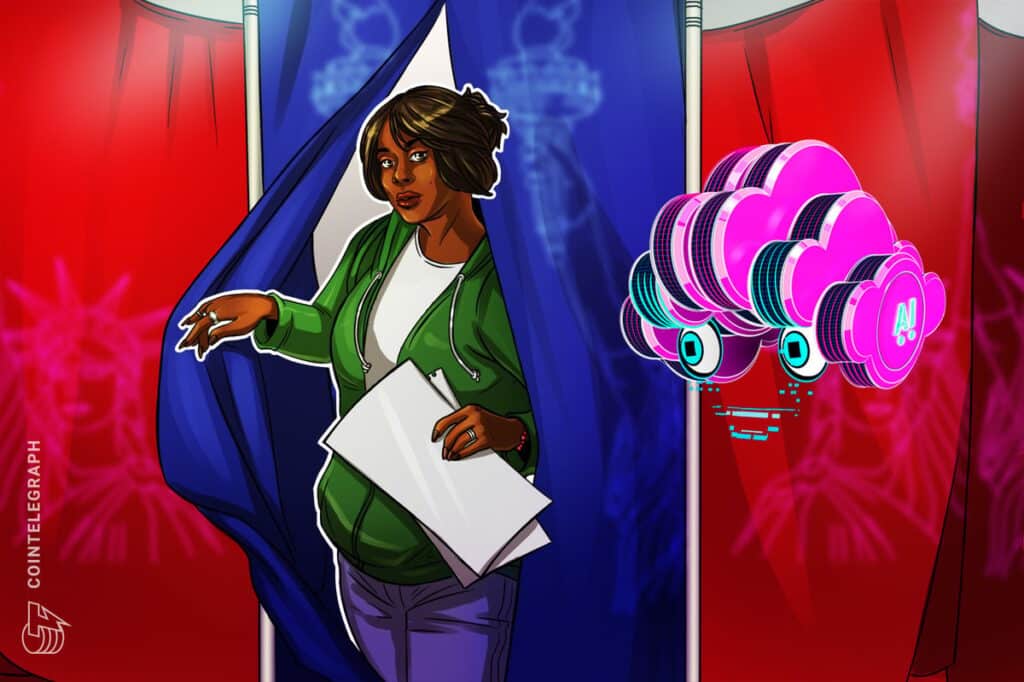FCC chairman proposed outlawing AI robocalls

The Chairman of the United States Federal Communications Commission, Jessica Rosenworcel, in a January 31 announcement, proposed to consider artificial intelligence (AI) generated voices as illegal under the rules and penalties listed in the Telephone Consumer Protection Act (TCPA). .
The ad is a fake message created using AI to mimic US President Joe Biden's vote to dissuade New Hampshire residents from voting in the state's primary election.
Automated messages featuring Biden's voice were created to get him involved in the 2024 presidential election, but the state attorney general's office denounced the calls as misinformation.
Rosenworcel's proposal aims to ban robocalls under the TCPA, a 1991 law that regulates automated political and marketing calls made by the recipient. TCPA's primary goal is to protect consumers from unwanted and intrusive communications, such as unsolicited telemarketing calls and automated messages.
Today we announced a proposal to outlaw AI-voice-generated robocalls – giving state AGs new tools to crack down on voice-cloning scams and protect consumers. https://t.co/OfJUZR0HrG
— FCC (@FCC) January 31, 2024
The rise of these calls has increased in recent years, as technology can now mimic the voices of celebrities, political figures and family members to mislead consumers.
By implementing this proposal, the FCC will equip state attorneys general with additional resources to pursue and enforce legal consequences for those responsible for these malicious robocalls nationwide.
In the year In November 2023, the FCC launched a notice of inquiry to address illegal robocalls and gather information about the potential involvement of AI. The agency also questioned the role of AI in impersonating familiar voices and whether it should be regulated under the TCPA. Additionally, the FCC sought insights into how AI can be used positively, such as detecting and preventing illegal robocalls.
Related: AI fools voters and politicians ahead of 2024 US election – ‘I thought it was real'
The White House released a fact sheet on AI on January 29, three months after Biden's executive order on AI. The white paper called the president's order a “significant improvement” in “protecting Americans from potential threats from AI systems.”
Deepfakes have increased the risk of AI-generated content, with the World Economic Forum highlighting the negative effects of AI technologies in its 19th Global Risk Report. The Canadian Security Intelligence Service – Canada's primary national intelligence agency – has also raised concerns about disinformation campaigns on the Internet using AI deep fakes.
U.S. lawmakers are pushing for a law that would criminalize the creation of deeply fake images following the spread of blatantly fake photos of Taylor Swift.
Magazine: Crypto+AI token picks, AGI will take ‘longer', Galaxy AI up to 100M phones: AI Eye














